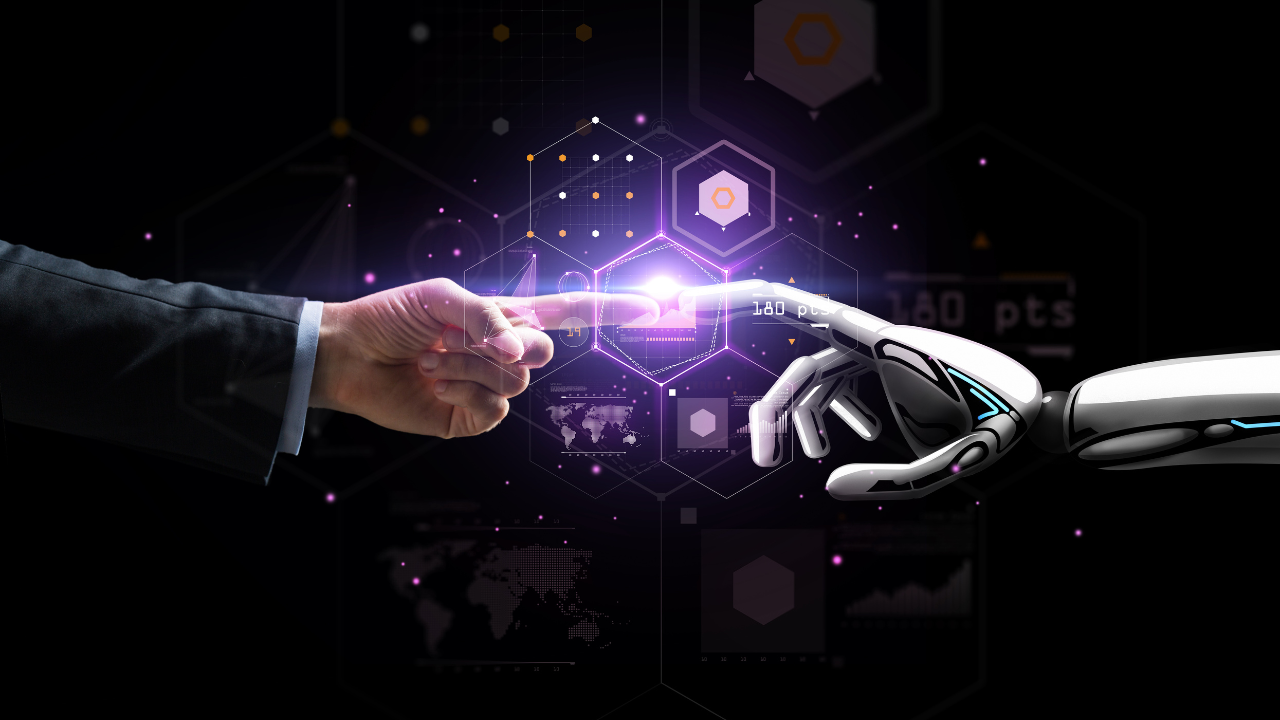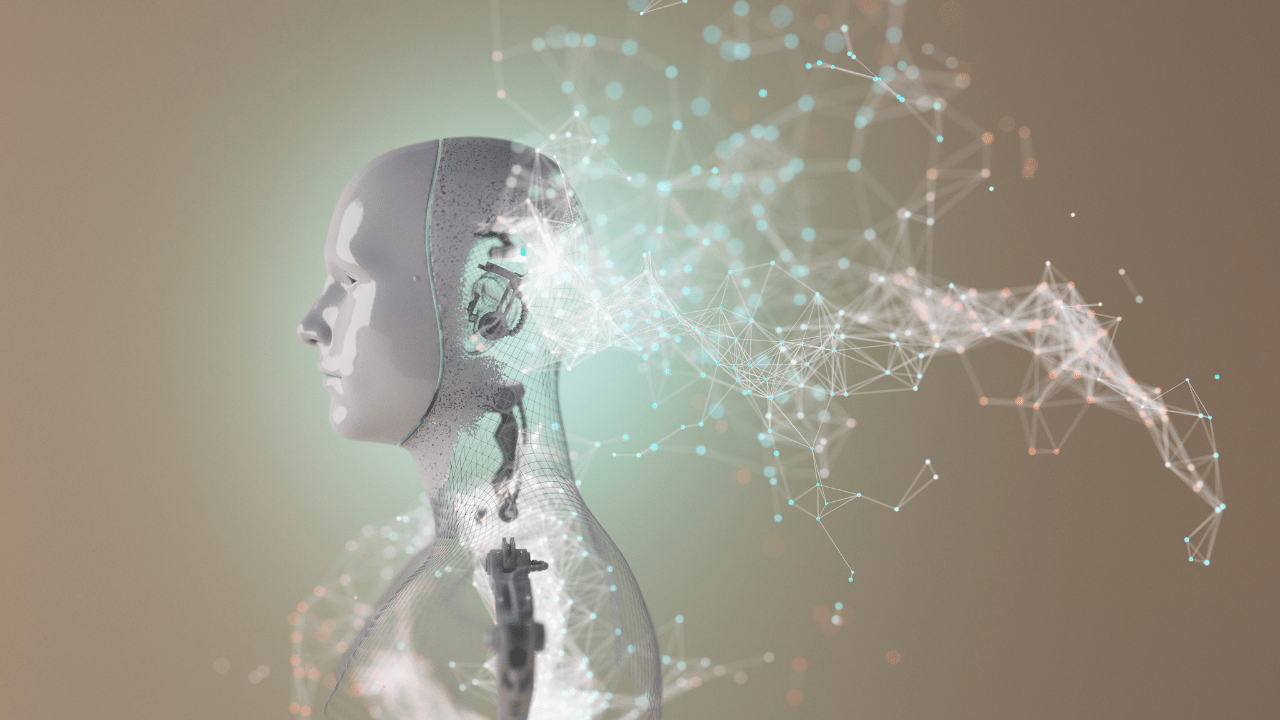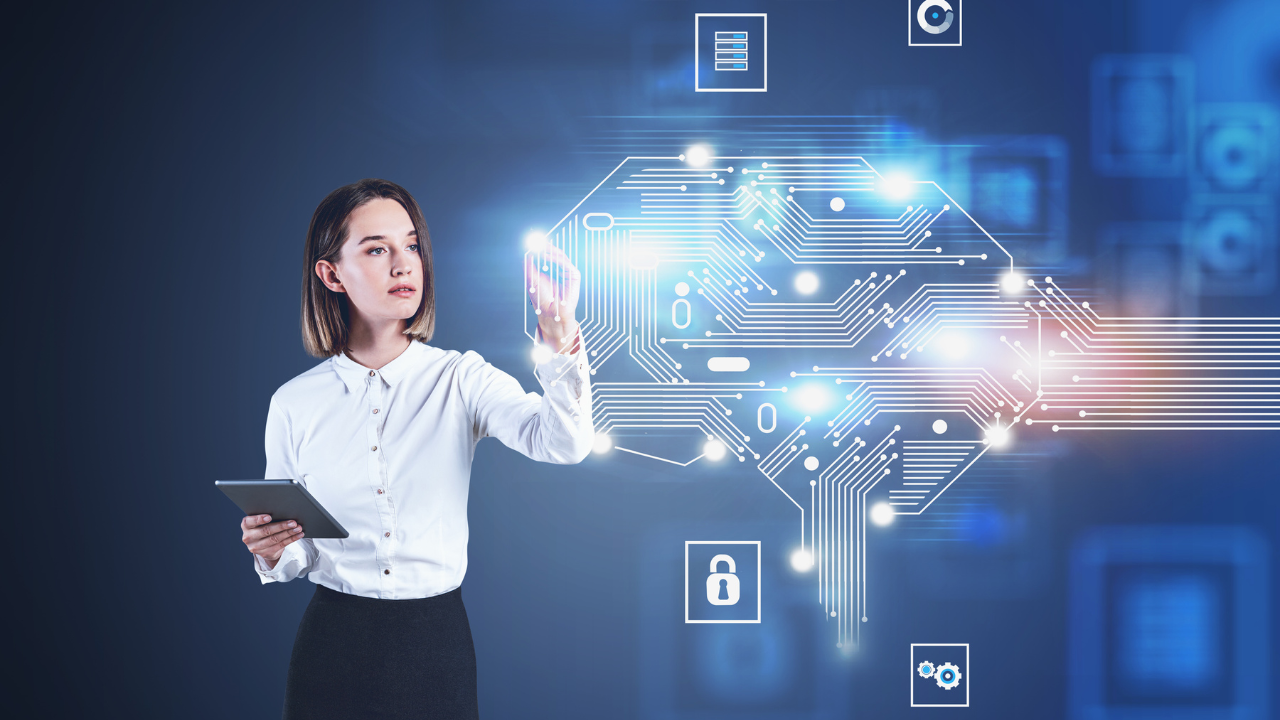The Pros and Cons of AI in Future Education: Navigating the Path Ahead

In today's fast-paced world technology has become a force, in shaping various aspects of our lives. From smartphones that can fit in our hands to vehicles navigating streets, it's clear that technology has made a profound impact. One area of advancement that captures attention is the integration of Artificial Intelligence (AI) into education, especially when it comes to educating children.
British Prime Minister, Rishi Sunak, has pledged £2 million to bring AI into every classroom in England, with the goal of reducing teacher workloads. In this blog post, we will explore the advantages and disadvantages of utilising AI in educating the next generation.
Understanding AI; A Brief Introduction
Before delving into the pros and cons let us first grasp the concept of Artificial Intelligence (AI). At its core, AI refers to machines or computer systems simulating intelligence processes. These processes encompass learning, reasoning, problem-solving, perception and even language comprehension. AI systems are specifically designed to perform tasks that traditionally require intelligence - such as recognising patterns, making decisions and adapting to changing circumstances.
How Does AI Function?
AI operates by gathering amounts of data which are then analysed and utilised to uncover patterns and correlations.
But is AI, a branch of machine learning, capable of enhancing education for our children? It is known that machine learning allows systems to learn and improve without programming. This ability to adapt and evolve raises the question; can AI truly be the future of education?

Pros of Artificial Intelligence in Education:
1. Personalised Learning
One of the most significant advantages of incorporating AI into education is its potential for personalised learning experiences. Traditional classrooms often struggle to cater to the diverse learning styles and paces of individual students. AI, however, can adapt to each student's learning preferences and progress, providing tailored content and activities. This personalised approach can lead to higher engagement levels and often more effective learning outcomes, as students are more likely to be invested in their education when it is tailored to their needs.
2. 24/7 Availability
AI-powered educational tools bring learning beyond the confines of traditional classrooms and fixed schedules. With AI, learning resources are now available 24/7, allowing students to study and practice any topic at their convenience. This flexibility accommodates diverse schedules and learning preferences, making education more accessible to those who might have other commitments or unconventional learning rhythms.
3. Expanded Access to Resources
AI can bridge geographical gaps by providing access to high-quality educational resources regardless of a student's location. This is especially impactful for children in remote or underserved areas who might not have access to the same educational opportunities as their urban counterparts. AI-powered platforms can democratise education by delivering educational content and experiences that were once out of reach.
4. Interactive and Engaging Content
Traditional learning materials can sometimes struggle to capture the attention of tech-savvy children raised in the digital age. AI can revolutionise content delivery by offering interactive and multimedia-rich learning materials suitable for different age ranges. Gamification elements, simulations, virtual reality experiences, and interactive quizzes can create an immersive and engaging educational environment that resonates with today's young learners.
5. Instant Feedback
Timely feedback is crucial for effective learning. AI systems can provide instant feedback on assignments, quizzes, and tests. This immediate feedback loop helps students identify their strengths and weaknesses in real-time, allowing them to make the necessary adjustments promptly. As a result, the learning process for students becomes more dynamic and adaptive.
6. Assistance for Teachers
AI may not replace teachers; rather, serve as a valuable assistant. Teachers often spend a significant amount of time on administrative tasks. AI can streamline these tasks, enabling teachers to focus more on personalised instruction and mentorship. With routine tasks automated, teachers can devote their time and energy to creating meaningful learning experiences that foster critical thinking and creativity.

Cons of Artificial Intelligence in Education:
1. Overreliance and Dependency
While AI has the potential to enhance education, overreliance on AI systems could have unintended consequences. If students become overly dependent on AI-generated solutions, they might fail to develop essential problem-solving skills. A balance must be struck to ensure that AI supports learning without diminishing students' self-reliance and analytical capabilities.
2. Unequal Access
The digital divide remains a pressing concern in the integration of technology in education. AI-powered tools require access to technology and the internet, which is not universally available. This can exacerbate educational inequalities, as children without access to these resources might be left behind. To truly harness the benefits of AI in education, efforts must be made to bridge this gap and ensure equitable access for all students.
3. Lack of Personal Connections
Education is not solely about transferring knowledge from teacher to student, it is also about building relationships, fostering emotional intelligence, and providing mentorship. AI lacks the ability to establish personal connections and offer emotional support which teachers excel at. Children often require encouragement, empathy, and understanding that AI cannot provide, potentially leading to feelings of isolation or disengagement.
4. Diminished Creativity and Problem-Solving Skills
AI's structured and data-driven nature might inadvertently stifle creativity and limit the development of independent thinking. While AI can provide solutions based on existing data, it might struggle with truly innovative and out-of-the-box ideas. Encouraging creative thinking and nurturing unconventional problem-solving skills remains a crucial role for teachers.
5. A Reduction in Critical Thinking
The ease of accessing information through AI might discourage students from questioning or critically evaluating the information they receive. AI-generated answers might be seen as definitive, leaving little room for scepticism or the exploration of alternative perspectives. Fostering a healthy scepticism and the ability to assess the credibility of information becomes more challenging in an environment heavily reliant on AI.

Navigating the Future of AI in Education
The integration of AI into education is a complex endeavour that demands thoughtful consideration. Striking a balance between AI's advantages and potential drawbacks is essential. Teachers and AI can work together to create a harmonious learning environment that addresses both academic and emotional needs. Policymakers, teachers, and parents must collaborate to ensure that AI is harnessed ethically, equitably, and responsibly.
As we venture into an era where AI will inevitably play a larger role in education, the focus should remain on the holistic development of children. Education is not merely about transferring information - it is about cultivating curious minds, nurturing emotional well-being, and preparing students to tackle the challenges of an ever-changing world. The path ahead involves leveraging AI as a tool, whilst preserving the invaluable human elements that make education a transformative experience.
In conclusion, the pros and cons of AI in future education paint a complex and multifaceted picture. As with any technological advancement, there are benefits to be reaped and challenges to be navigated. By understanding the potential of AI to personalise learning, offer access, and enhance engagement, while also being mindful of its potential to hinder critical thinking and emotional connection, we can pave the way for a more balanced and effective educational landscape. Through careful consideration, ethical implementation, and a commitment to holistic development, we can harness the power of AI to create a brighter future for generations to come.
In episode 195 of the WealthTalk podcast, we put WealthBuilders Founder, Kevin Whelan, up against ChatGPT! We gave the AI tool recently asked wealth-building questions submitted by our members and compared its answers to Kevin’s.
In the episode, Kevin and Christian also discuss the thought-provoking topic of mastering the balance between AI-driven automation and the essential role of human judgment and intuition in complex decision-making scenarios.
